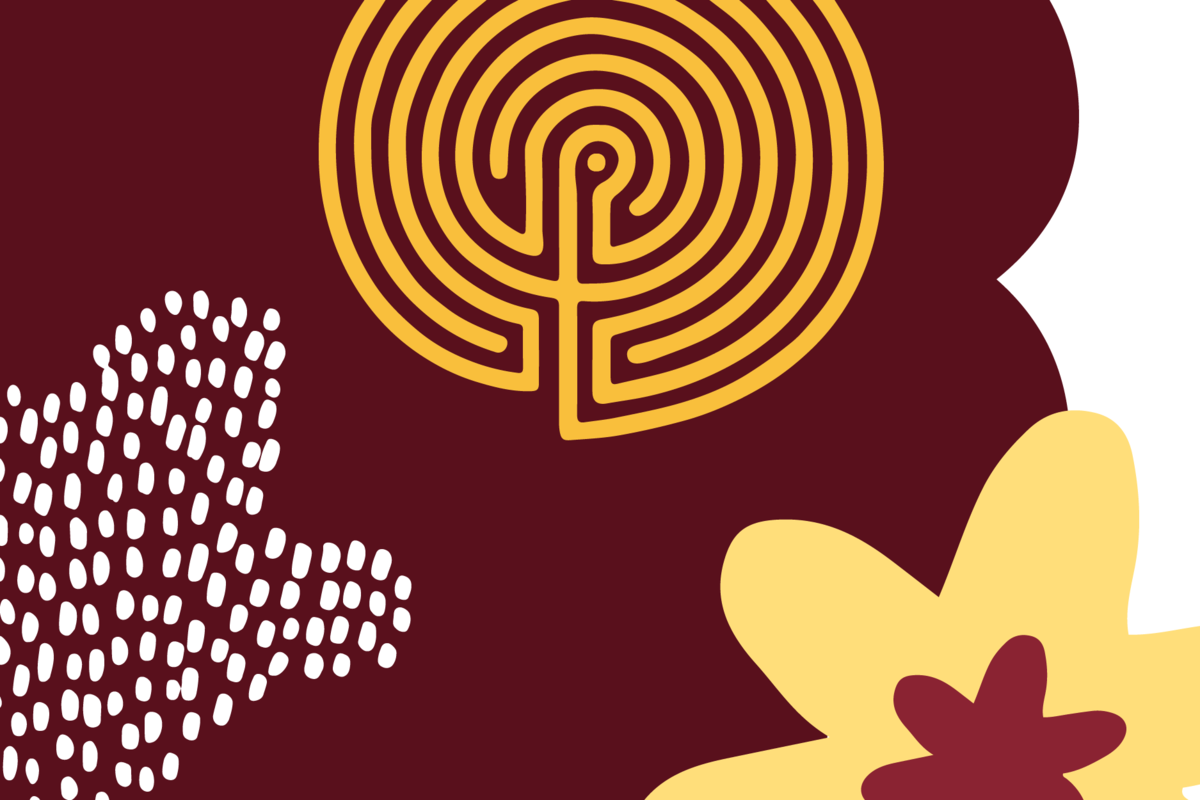CSH Mindfulness Newsletter – Issue 32, Mindfulness-Based Stress Reduction (MBSR) and Anxiety: New Research Findings
November 1, 2022
Mariann Johnson
For the first two weeks of the eight-week Mindfulness Based Stress Reduction (MBSR) program, Charlie (not his real name) rarely spoke. He wore an old baseball hat and his graying hair shielded most of his face. Charlie’s physician had recommended that he consider taking an MBSR program, hoping that learning mindfulness meditation might help to reduce the severity of his chronic anxiety.
When it comes to experiencing the challenges of anxiety, Charlie is not alone. In October, the influential United States Preventive Services Task Force for the first time recommended routine anxiety screening for adults and numerous studies, including a March 2022 World Health Organization scientific brief, reported rates of anxiety have increased as much as 25% since the onset of the pandemic. Data cited recently by the Task Force also reported that in the United States alone anxiety disorders will affect 40% of women at some point in their lives and more than 1 in 4 men. Common treatments for anxiety disorders include various forms of psychological counseling or therapy, psychiatric care, prescription medications, and a variety of stress reduction methods. Unfortunately, not all treatments are accessible to those in need, and not everyone responds well to specific interventions or treatments.
While it wasn’t easy for Charlie to decide to participate in an MBSR program, he was committed to trying something new to address his sometimes debilitating bouts of anxiety. He attended the weekly sessions and as instructed, meditated most days of the 8-week program, using the program’s guided meditations. By the end of week four, he told me he was noticing some changes, and was feeling a little less anxious. The last day of the program he was without the baseball hat, and in the closing circle he shared how empowering it was that when feeling anxious now, he would often remember to pause and mindfully be with his anxiety, rather than being overcome or immobilized by it. He was clearly pleased to have completed the MBSR program, and with the new skills he had acquired for reducing his anxiety.
As MBSR instructors, over the past 15 years, my colleagues and I at the Bakken Center have had the privilege of hearing many MBSR students’ stories and experiences, not unlike Charlie’s. Sometimes their stories are about how regular meditation has helped to improve sleep, or to better cope with chronic health issues, or daily life stressors. More than 35 years of research on mindfulness meditation support these students’ anecdotal experiences, and of this pool of research, MBSR is the most widely researched Mindfulness-Based Intervention (MBI), with over 1,000 citations in PubMed, a biomedical and life sciences literature database at the National Institutes of Health (NIH). In short, a regular mindfulness meditation practice, and MBSR in particular, has been demonstrated to reduce symptoms for various physical and behavioral health conditions such as stress, chronic pain, hypertension, depression, and anxiety.
Now there is new research to support Charlie’s and many others’ experiences that regular mindfulness meditation practice can be helpful when it comes to reducing anxiety. In a study published November 9, 2002 in JAMA Psychiatry, MBSR programs were not only shown to be effective in reducing anxiety, but as effective as a common antidepressant prescription drug, escitalopram (Lexapro), in treating patients with anxiety disorders. This study is noteworthy because according to its authors, “No clinical trial comparing an evidence-based MBI, such as MBSR, with a first-line pharmacological treatment of anxiety disorders has been published.”
The researchers took 276 adults diagnosed with untreated anxiety disorders such as generalized anxiety, panic disorders, or social anxiety, and randomly assigned them to either an onsite MBSR program or daily use of escitalopram. At the end of the trial, the severity of anxiety symptoms dropped by about 30% for both groups.
“The fact that we found them to be equal is amazing because now that opens up a whole new potential type of treatment,” said the study’s lead author, Dr. Elizabeth Hoge, director of the Anxiety Disorders Research Program at Georgetown University Medical Center. In a recent interview, Hoge also noted that she’s not suggesting that meditation replace escitalopram and that she regularly prescribes the drug to her patients with anxiety. Her intent is to add new treatment options and to, “Provide evidence for clinicians, insurers, and healthcare systems to recommend, include and provide reimbursement for MBSR programs as an effective treatment for anxiety disorders because mindfulness meditation currently is reimbursed by very few providers.”
While it is exciting to consider the possible ramifications of this study, it’s important to remember that MBSR and mindfulness meditation are not panaceas and that meditation may not be a fit for everyone experiencing anxiety. For those experiencing PTSD, chronic anxiety, or other serious mental or physical health issues, it’s always advisable to check in with a healthcare professional prior to beginning an MBSR or other mindfulness meditation program. The care and treatment of chronic anxiety and other serious physical and behavioral health issues can be a life-long journey and one that may require an integrative, multi-faceted approach.
What this new study points to, however, is that when confronted with ongoing or chronic anxiety, you may wish to include mindfulness meditation and MBSR programs as trusted and evidence-based traveling companions.
Resources and Tips for Bringing Mindful Awareness to Your Anxiety
- Make use of the information, resources, and tips available to you through the University of Minnesota’s Earl E. Bakken Center’s Taking Charge of Your Health and Wellbeing website and its online You Do Matter (YDM) series.
- What is Anxiety?
- Mindfulness for Mental Health: includes a 5-minute grounding meditation to help soothe and support an anxious mind.
- Integrative Therapies and Practices that May Help with Anxiety and Depression: outlines an array of evidence-based integrative practices for working with anxiety.
- Talking about Your Difficult Emotions and Experiences: from the YDM campaign series, this segment includes a short video, two guided mindfulness meditations for working with anxiety, and other mindfulness practices to help you gain insight and increased compassion toward your anxiety.
- Explore a variety of downloadable body-mind therapies for reducing anxiety and enhancing wellbeing. Includes links to two short guided mindfulness meditations.
- To support your mental health journey, seek out the wise counsel and assistance of a trusted friend or family member, or a religious or spiritual leader, who you can share your concerns with. As appropriate, consider asking for their support in helping you find a therapist or other mental health provider.
- In an effort to increase accessibility to the Bakken Center’s MBSR programs - onsite and online offerings - we have implemented a sliding scale fee structure. We do not want cost to be a barrier to anyone wishing to participate in a MBSR program. If you are not able to pay one our listed registration fees, please reach out to us at [email protected].
We may be able to assist you by attending the program at a reduced fee or at no cost.


